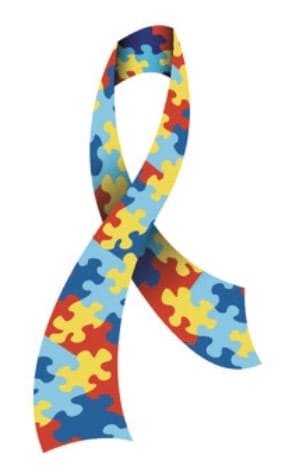
“It is not only a problem for individuals with autism but is also one of the top concerns among caregivers,” said Lucia Peixoto, a WSU assistant professor and principal investigator and senior author of the study. “In addition, there is a clear link between sleep problems and severity of core autism symptoms, such as social and communication challenges and repetitive behaviors. If we can get to the root of these sleep issues, this could potentially help ease other autism symptoms, as well.”
Researchers found that poor sleep might be linked to a mutation in the gene SHANK3 that regulates the body’s 24-hour day and night cycle, according to a news release. The study showed that people who were missing the SHANK3 gene and mice that lacked part of the gene had trouble falling asleep. When deprived of sleep, the mice showed signs of being sleepy, but it took them twice as long to fall asleep than the control group.
Follow-up research at the university will explore such issues as whether the gene mutation is present at birth or develops over time and how the mutations may be causing sleep issues.
“If we are able to understand the molecular mechanisms underlying the sleep problem in SHANK3 mutant mice, we expect that this will also strongly relate to sleep problems in autism in general,” Peixoto said. “And that would suggest novel points of intervention.”




